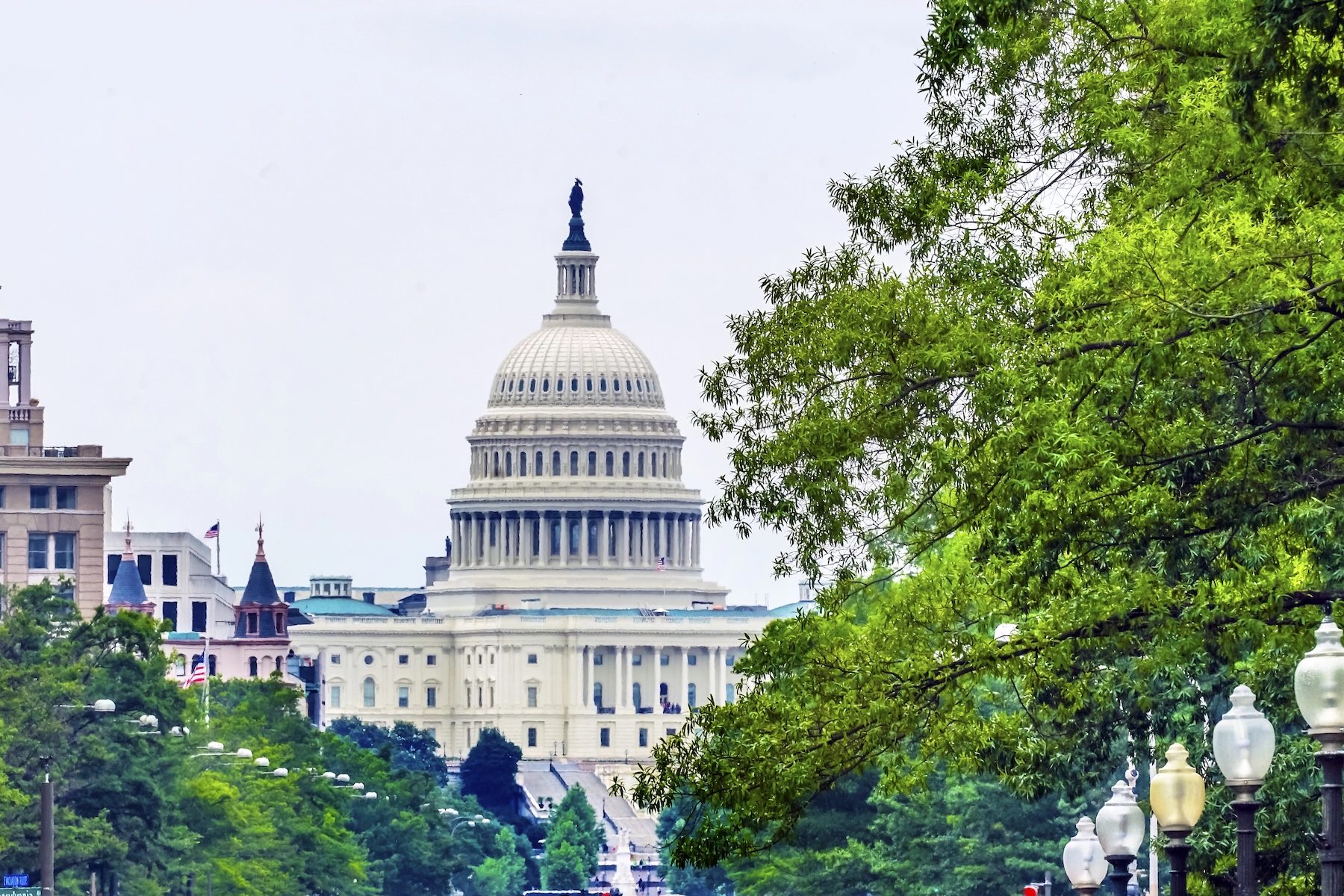Congress Moves To Extend Key Tax Benefits For Disabled Americans


Americans with disabilities will continue to have tax benefits to encourage savings.
The House Ways and Means Committee’s proposed tax package for budget reconciliation would extend and expand several benefits for people with disabilities who save using ABLE accounts, which are tax-advantaged accounts created under Section 529A of the tax code.
The draft legislation (PDF File), released in May 2025, outlines changes that would take effect beginning in 2026 and aims to preserve incentives for financial independence among eligible individuals.
The bill proposes to permanently extend higher contribution limits for ABLE accounts and to continue allowing rollovers from traditional 529 college savings plans into ABLE accounts. These benefits were scheduled to expire at the end of 2025 under current law.
ABLE accounts, short for “Achieving a Better Life Experience,” allow people with disabilities to save for qualified expenses, including education, housing, and healthcare, without risking their eligibility for public benefits such as Medicaid or Supplemental Security Income.
ABLE accounts are tax-advantaged savings vehicles available to individuals who developed a qualifying disability before age 26. The funds grow tax-free and can be used for a wide range of expenses tied to health, education, and quality of life.
Annual contributions are generally capped at the annual gift tax exclusion, which is $19,000 in 2025. The first $100,000 is excluded from Supplemental Security Income (SSI) calculations.
A common strategy among families includes rolling unused funds from a 529 college savings account into an ABLE account when a child becomes eligible due to disability. The rollover limit is tied to the annual contribution limit. The rollover provision allows families to repurpose educational savings for other support needs without triggering tax penalties.
Prior to this bill, the rollover provision and enhanced contribution limits were set to expire after 2025. Without congressional action, families and individuals who rely on these tools would face more limited options beginning in 2026.
The proposed tax bill includes several provisions that directly impact ABLE accounts:
Contribution Limit Extension and Inflation Update:
The legislation makes permanent an increased contribution limit, originally tied to the annual gift tax exclusion. Importantly, the inflation adjustment will now be based on 1996 rather than 1997 levels, which could raise annual limits slightly faster than under current law. This change would apply to tax years beginning after December 31, 2025.
Saver’s Credit Extension:
Contributions to ABLE accounts would continue to qualify for the Saver’s Credit, a federal tax incentive designed to encourage lower-income individuals to save for retirement. The bill extends eligibility through at least the 2026 tax year and repeals a conflicting provision from the SECURE 2.0 Act of 2022.
529 Plan Rollovers:
The bill removes the deadline that had previously limited rollovers from 529 college savings plans into ABLE accounts to the end of 2025. Under the new language, families will be allowed to shift leftover education funds to ABLE plans indefinitely, provided the beneficiary meets disability eligibility requirements.
The proposed changes reflect a growing bipartisan interest in supporting independent financial planning for people with disabilities. While the bill does not alter ABLE eligibility age or introduce new qualified expenses, it does continue to expand the tools available for individuals seeking financial autonomy without sacrificing access to necessary public services.
This goes along with other disability related changes, including the proposal to keep student loan forgiveness due to disability tax-free.
If enacted, the changes would go into effect for tax years beginning after December 31, 2025. Lawmakers are expected to debate the package through the summer as part of broader negotiations over tax policy and federal spending priorities. The final bill may look different than these proposals, but it’s a good sign they’re in the early drafts. And they seem to have strong support.
Don’t Miss These Other Stories:

For many college students, tuition isn’t the only expense causing stress. Rent, groceries, books, transportation, and everyday costs can add up quickly....

Throughout rural America, small business owners are facing a quiet threat: losing their last local bank. In rural towns, from North Carolina to Nevada’s frontier communities, a single local bank can mean the difference between convenient financial...

In 1970, men earned nearly six doctoral degrees for every one earned by a woman. Today, that ratio has flipped....